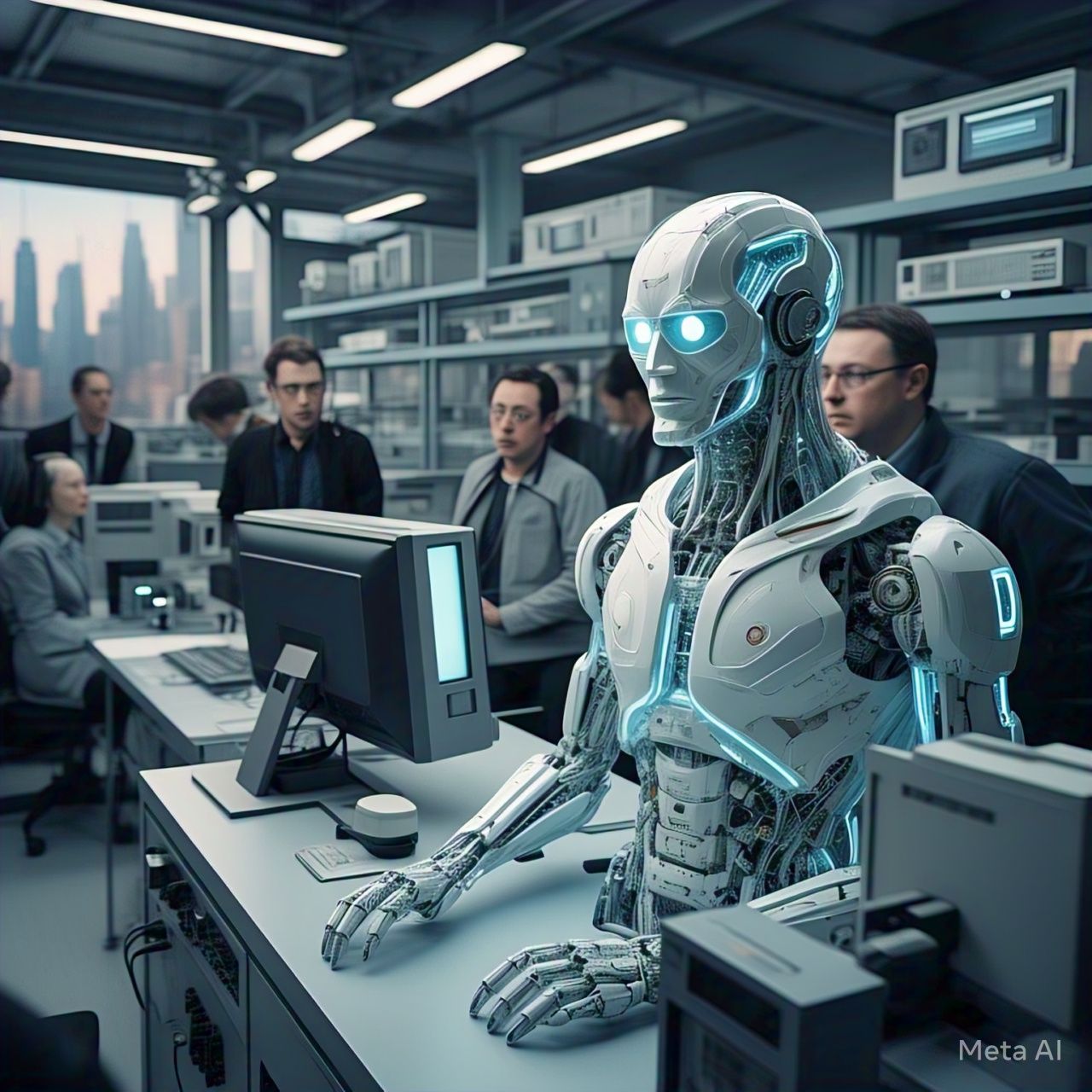Introduction
Artificial Intelligence (AI) is transforming the healthcare industry, revolutionizing diagnostics, treatment planning, and patient care. From predictive analytics to robotic-assisted surgeries, AI-driven solutions are enhancing medical efficiency and improving patient outcomes. This article explores how AI is shaping the future of medicine and the challenges it faces.
The Role of AI in Healthcare
1. AI-Powered Diagnostics
AI algorithms can analyze medical images, detect diseases at early stages, and provide faster, more accurate diagnoses. Technologies such as deep learning and computer vision are being used to identify anomalies in X-rays, MRIs, and CT scans with high precision.
2. Personalized Treatment Plans
AI enables precision medicine by analyzing genetic data, medical history, and real-time patient conditions. This approach helps doctors tailor treatment plans to individual needs, leading to better therapeutic outcomes and fewer side effects.
3. Drug Discovery and Development
AI accelerates the drug discovery process by predicting molecular interactions, identifying potential drug candidates, and streamlining clinical trials. This reduces the time and cost associated with developing new medications.
4. Robotic Surgery
AI-driven robotic systems, such as the da Vinci Surgical System, assist surgeons in performing minimally invasive procedures with enhanced precision and control. These technologies reduce surgical risks and improve patient recovery times.
5. Virtual Health Assistants and Chatbots
AI-powered chatbots and virtual assistants help patients manage appointments, receive medical advice, and monitor chronic conditions. These tools improve accessibility to healthcare while reducing the burden on medical professionals.
Challenges and Ethical Considerations
1. Data Privacy and Security
AI in healthcare relies on vast amounts of patient data. Ensuring data privacy, complying with regulations like HIPAA, and preventing cyber threats are critical concerns that must be addressed.
2. Bias in AI Algorithms
AI systems can inherit biases from training data, leading to disparities in medical outcomes. It is essential to develop unbiased AI models that ensure equitable healthcare for all populations.
3. Integration with Existing Healthcare Systems
Implementing AI in hospitals and clinics requires seamless integration with existing infrastructure. Training healthcare professionals to use AI-driven tools effectively is also necessary for successful adoption.
4. Ethical and Legal Implications
AI-driven decision-making raises ethical and legal questions about liability, informed consent, and patient autonomy. Establishing clear guidelines for AI’s role in medical decision-making is crucial.
The Future of AI in Medicine
1. AI-Driven Preventive Healthcare
Predictive analytics and wearable technology will enable proactive health monitoring, helping prevent diseases before they become critical.
2. Enhanced Human-AI Collaboration
AI will augment rather than replace healthcare professionals, allowing doctors to focus on patient-centered care while AI handles data analysis and administrative tasks.
3. Global Accessibility to Healthcare
AI-powered telemedicine and remote diagnostics will bridge healthcare gaps in underserved regions, providing access to quality medical services worldwide.
Conclusion
AI is driving a healthcare revolution, offering solutions that enhance efficiency, accuracy, and accessibility. While challenges exist, responsible AI development and ethical considerations will ensure that AI continues to benefit patients and medical professionals alike. The future of medicine is AI-powered, and its potential to transform healthcare is limitless.





